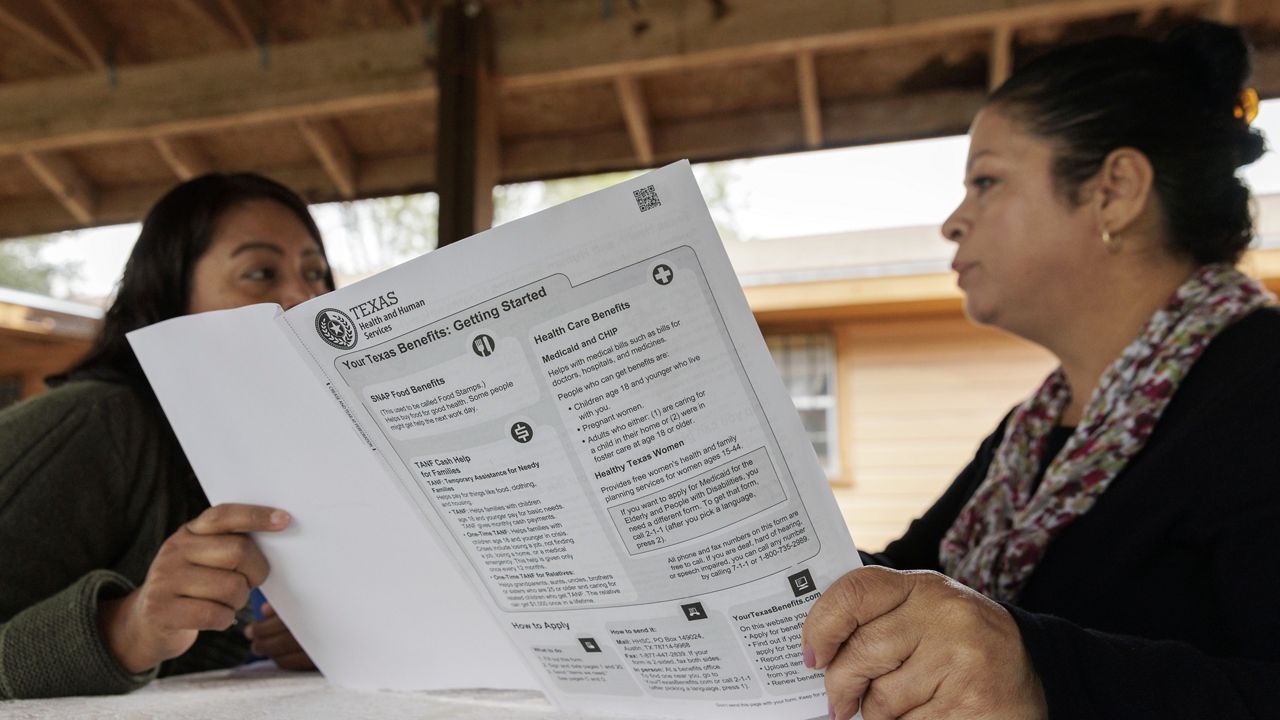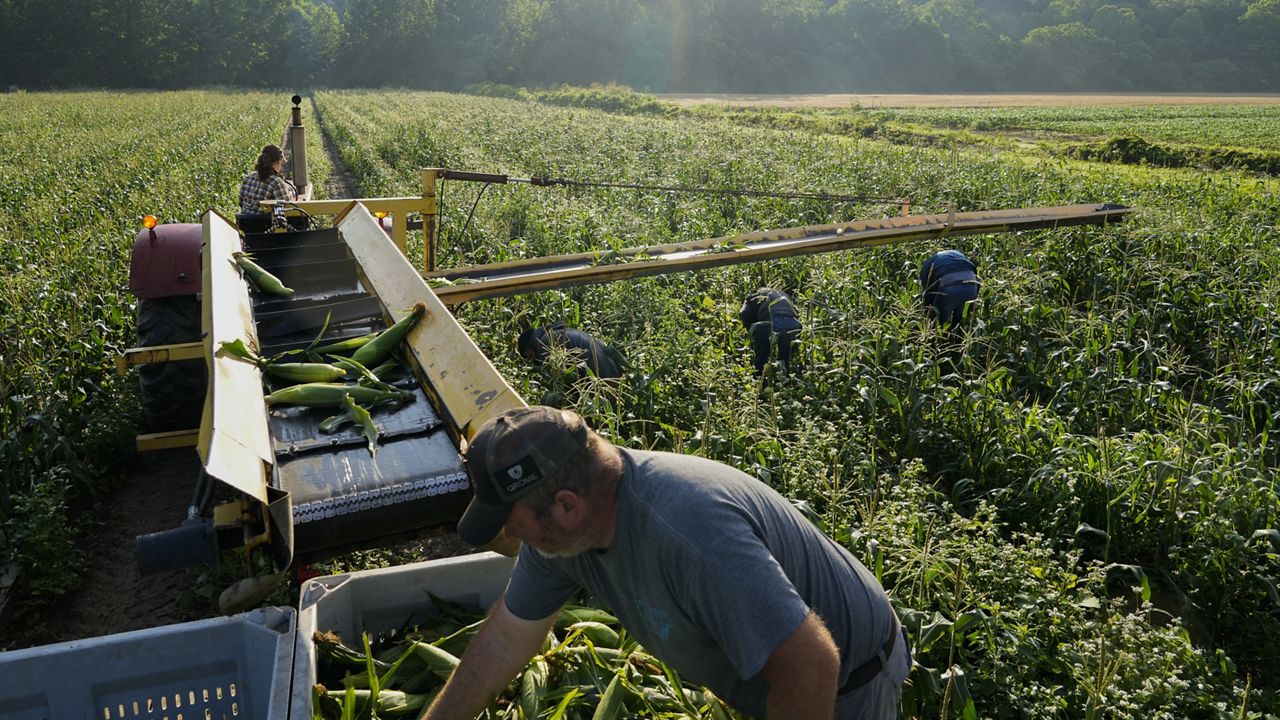AUSTIN, Texas — An abrupt change to the census deadline is increasing fears of an undercount in Texas. Last week, the Trump administration lopped a month off the time people have to respond to the 2020 count. It’s now the end of September instead of October.
Jennifer Edwards is a census community organizer in what’s considered a hard to count pocket of Texas along the Louisiana border. She’s been educating people about the importance of the census and she’s been doing it by foot – setting up on the side of highways in East Texas and at gas stations. It’s all an attempt to try to get as many people as possible to sign up for the once-a-decade count.
Now, being up against an earlier-than-expected census deadline, Edwards says her team is in overdrive with their outreach efforts.
“It’s lit a fire under our team,” Edwards said. “We have a long way to go and I’m concerned about the amount of elderly residents in our East Texas area, as well as our individuals of color, as well as our individuals without adequate internet access.”
In announcing the new deadline, the Census Bureau says it’s hiring more people to help complete data collection and avoid other delays. But Democrats are criticizing the move as an attempt to undercount minority communities.
“Texas is going to suffer from an undercount,” said Rep. Joaquin Castro, D-San Antonio. “And that means we could possibly lose a congressional district in the next round of redistricting and we could also lose federal funding in all sorts of areas.”
Rep. Castro says Congress is urging the administration to carry out the counting for another month.
“Because right now in San Antonio and in Texas we are hovering around 60 percent in terms of our response rate,” he said.
If the census is carried out properly, Texas should post huge population gains since 2010 according to the bureau's latest estimates.
But months into the count, the state's at about a 58 percent response rate – meaning about 5 million households have yet to respond. The Texas Demographic Center also told us response rates were lower in areas with more people living in poverty or with larger shares of Hispanic residents.
“We always knew counting Texas would be difficult, but this shorter timeline leaves the most challenging part of the count to be conducted in even less time and during unprecedented challenges,” said Lila Valencia, a senior demographer at the Texas Demographic Center.
Latino advocates fear they could face a decade of diminished political power and underfunding for essential government services.
“For us, it’s the long term implications,” said Genesis Sanchez, a regional census campaign manager for the National Association of Latino Elected and Appointed Officials Educational Fund. “We have an opportunity to prepare for the next pandemic through participating in the census and in part, we’re going to be losing a lot of those resources our community members so heavily depend on.”
Sanchez says that includes funding for programs like CHIP, special education grants, highway planning and construction.
“And in addition, that we don’t lose political representation. Latinos are set to become the largest population in Texas and so what political power are we leaving on the table if we don’t fill out the census now?” she said.










